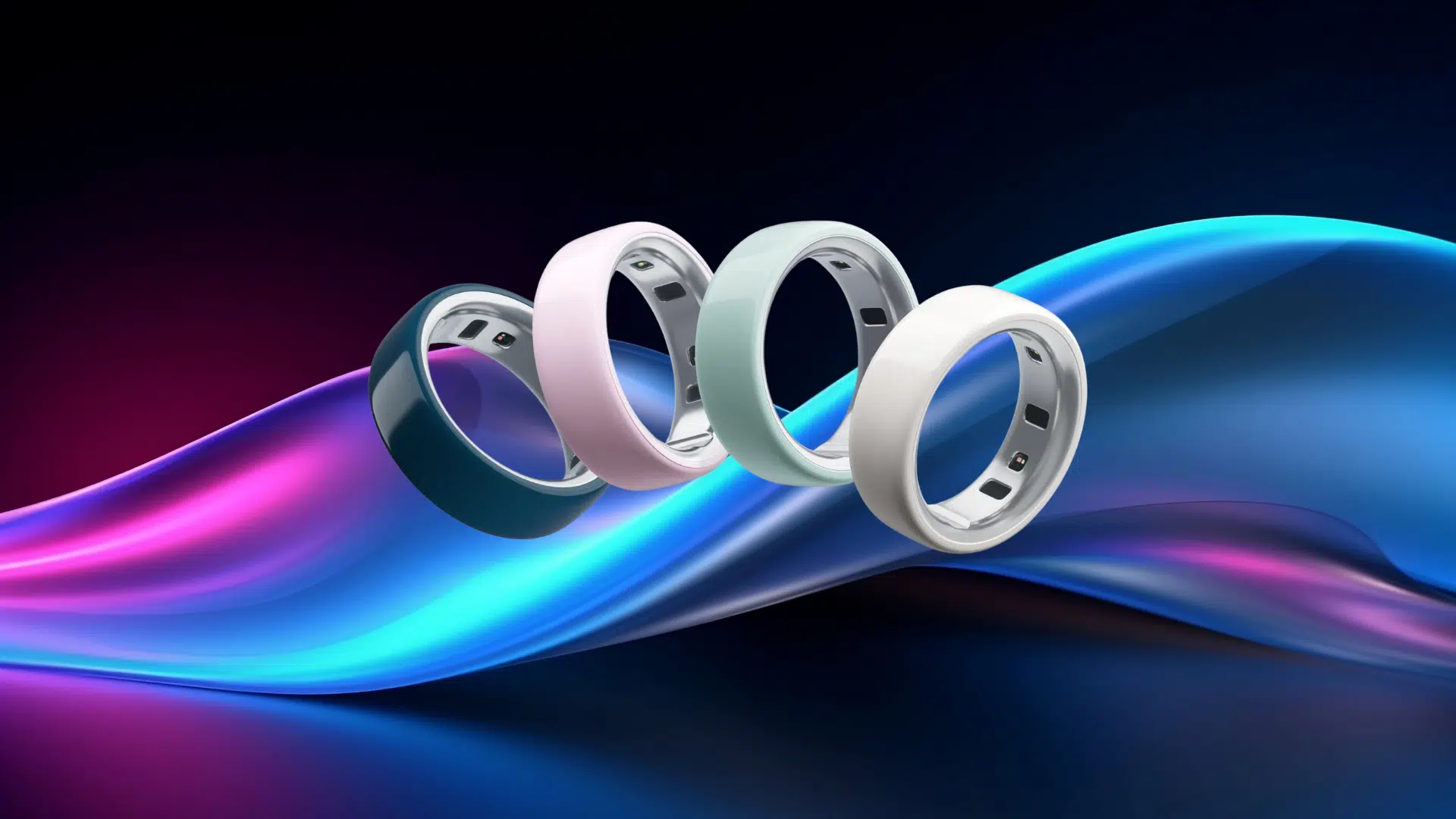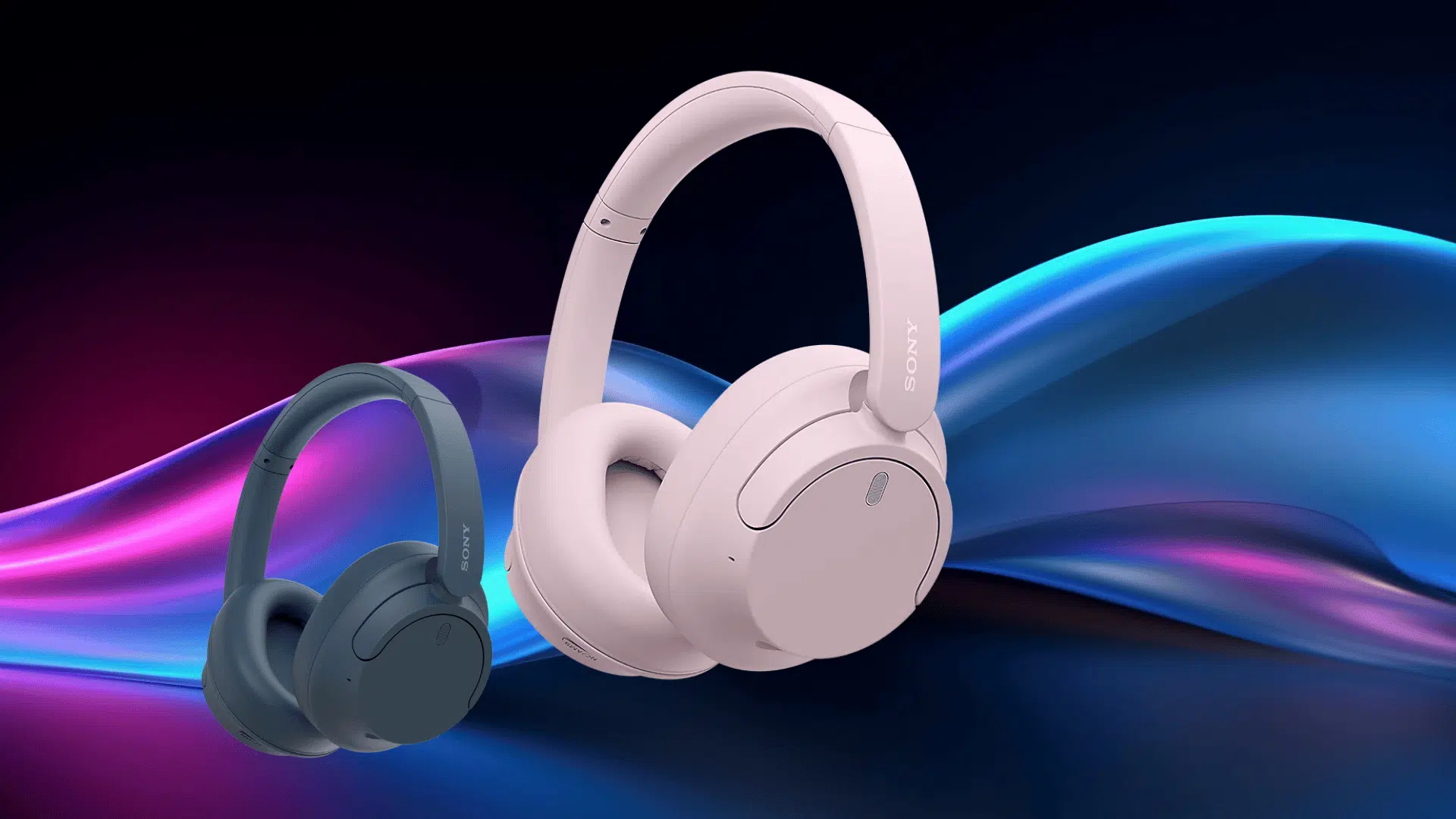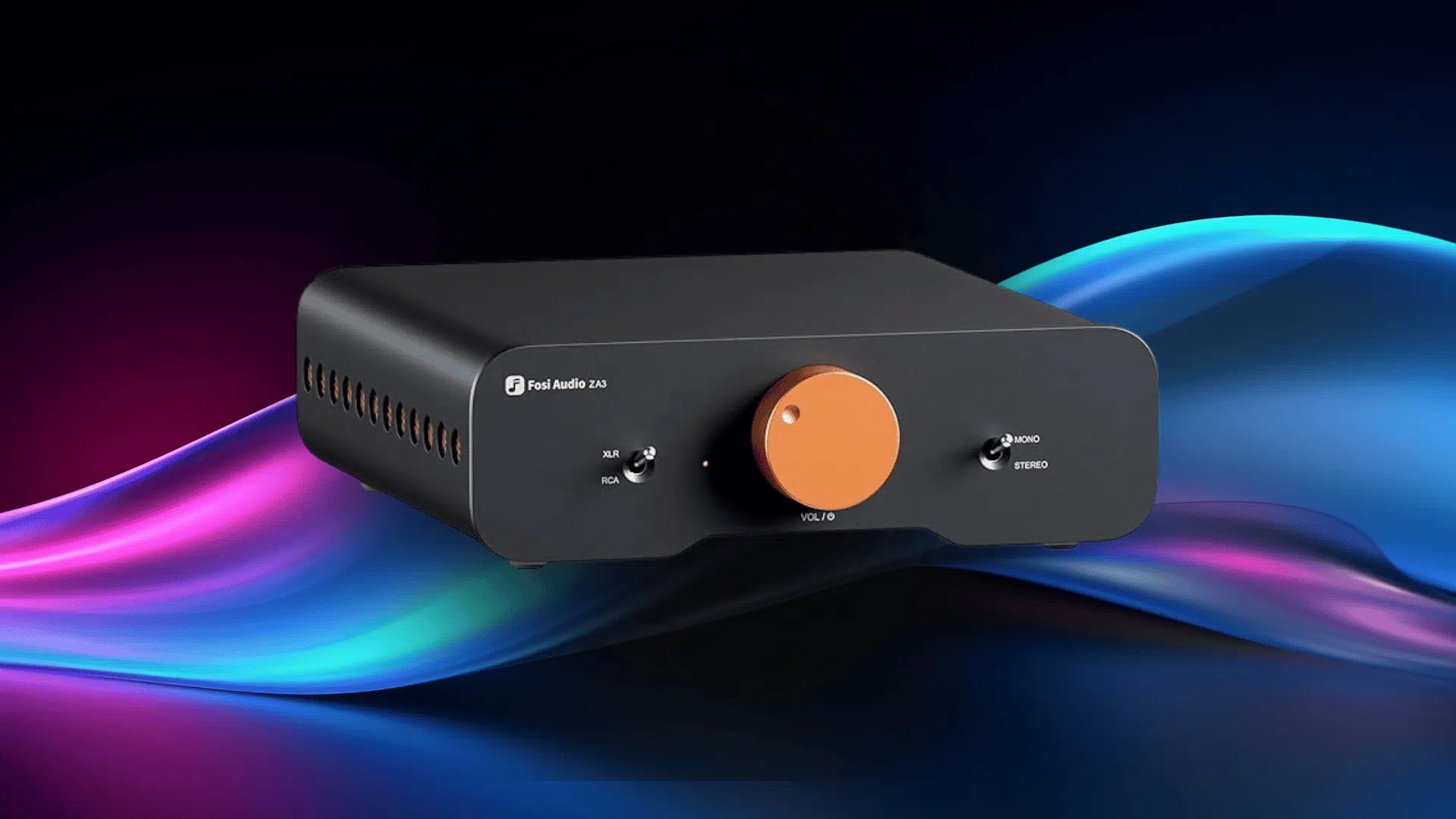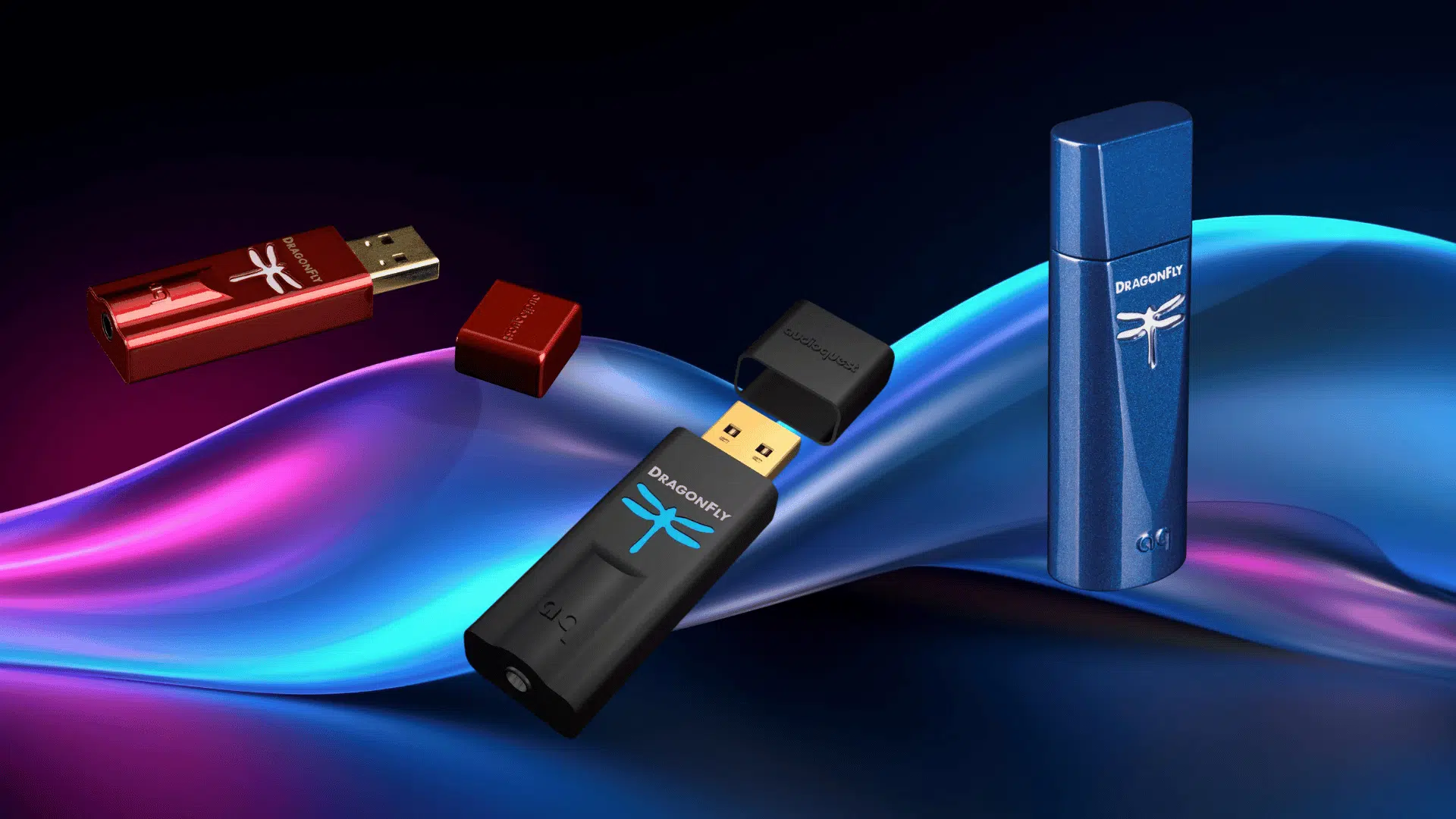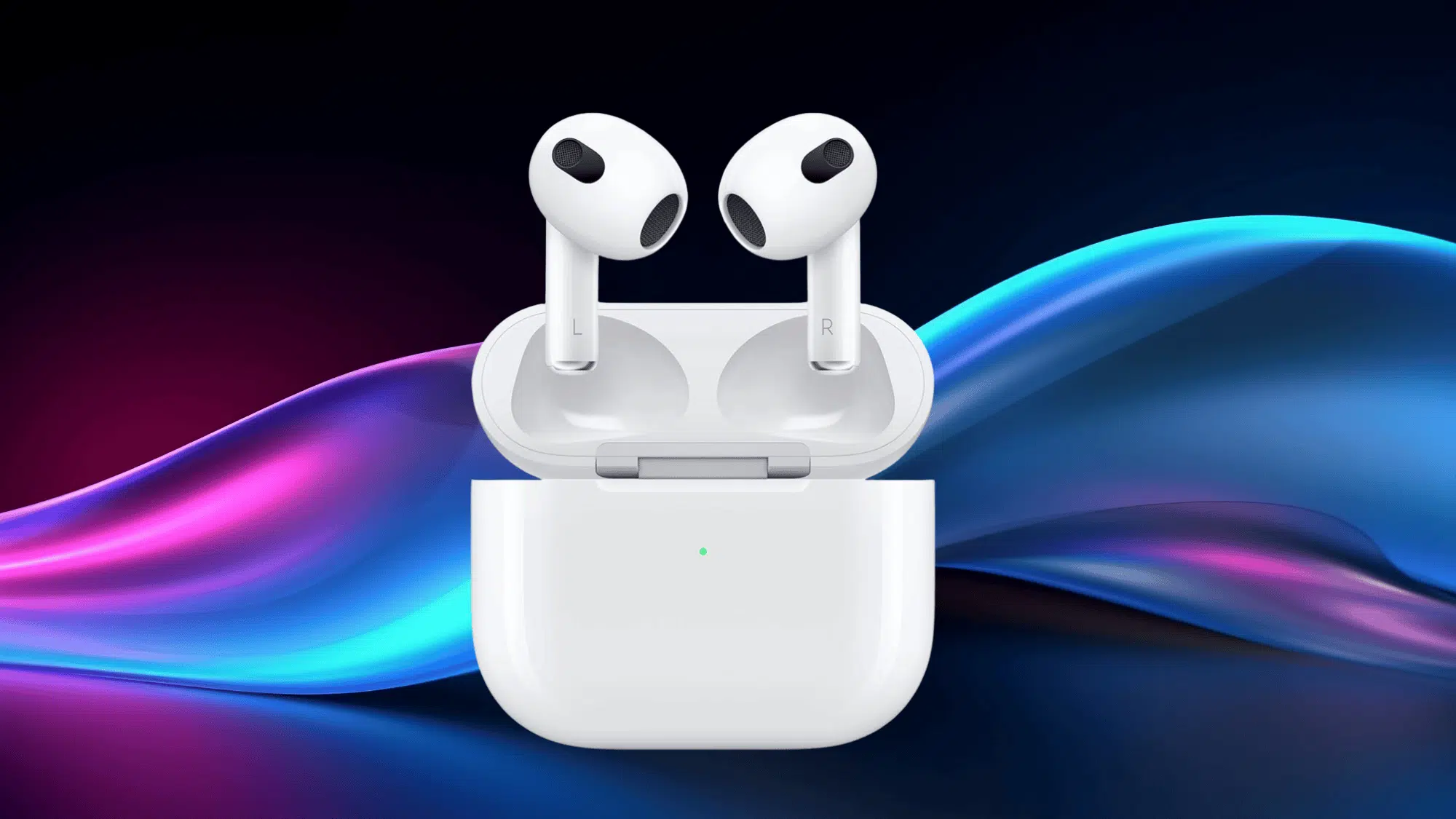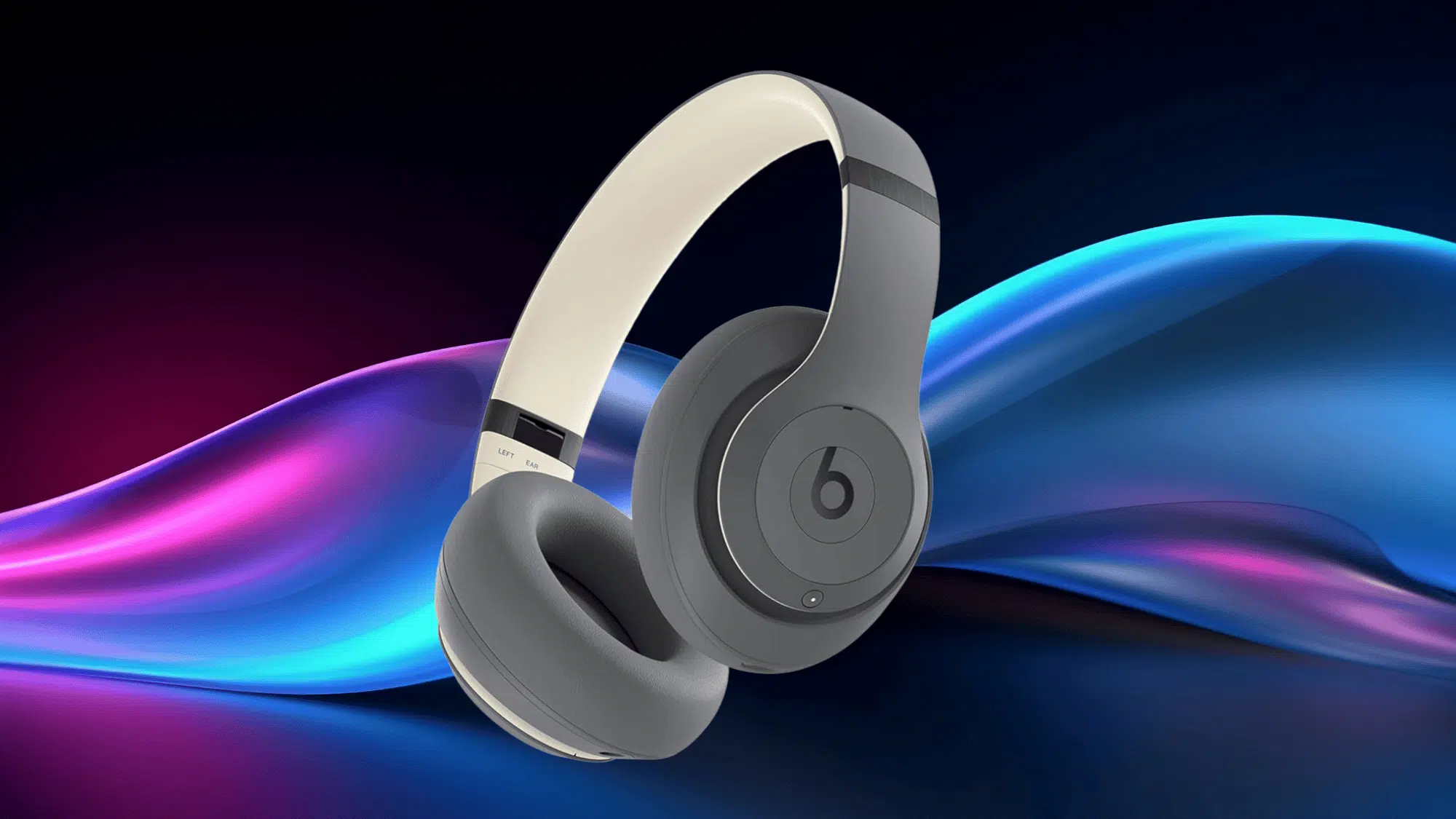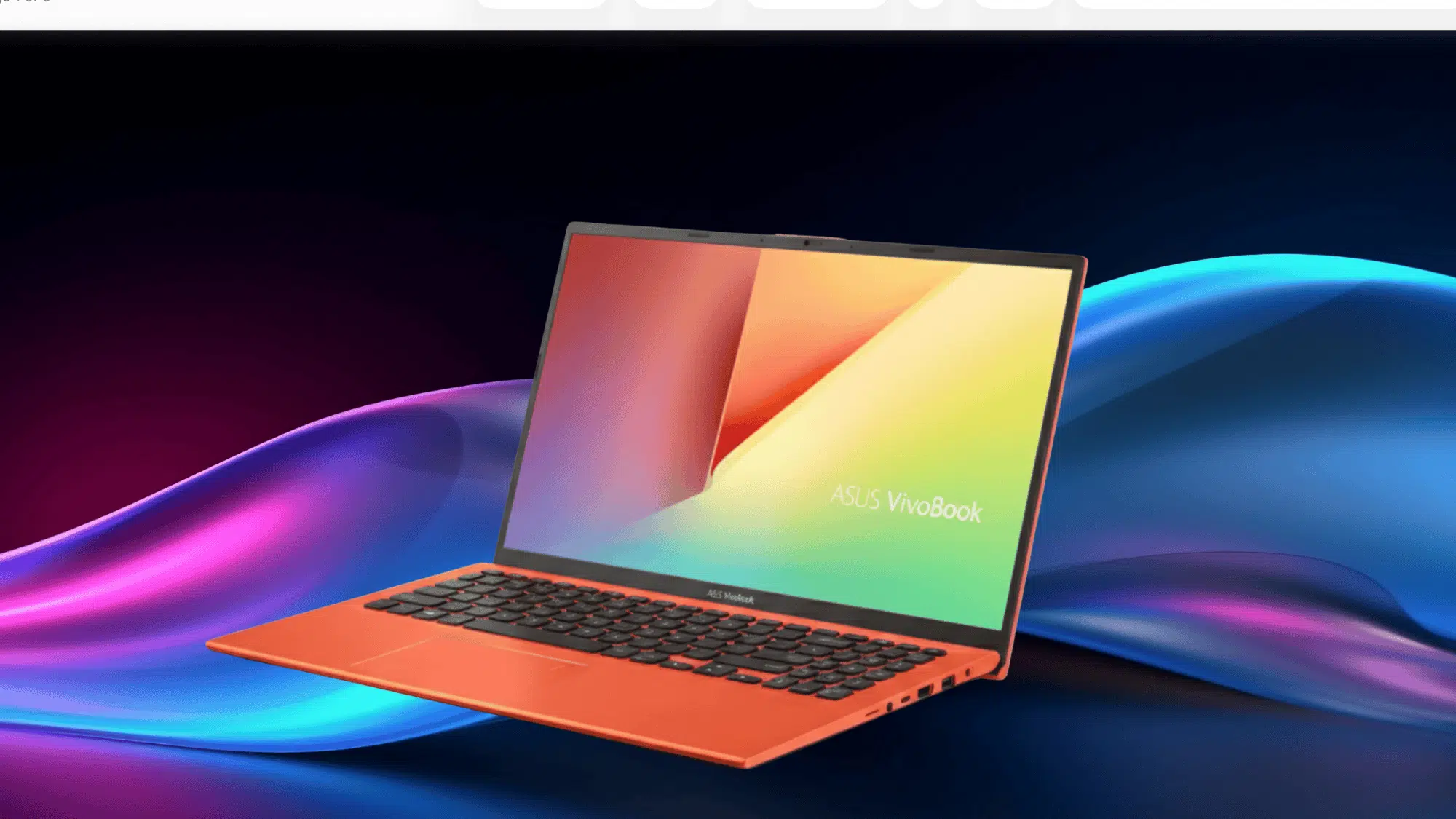The Oura Ring is changing how people track their health; quietly, intelligently, and without the bulk of a smartwatch.
What makes it interesting isn’t just the sleek design, but how it translates subtle body signals into meaningful insights you can actually use. From monitoring your sleep cycles to detecting early signs of stress, it helps you understand what your body needs each day.
In this blog, I’ll walk you through how the Oura Ring works, its key features, pros and cons, expert opinions, and how it compares to other smart rings on the market. Let’s break this thing down.
What is the Oura Ring and How It Works
The Oura Ring is a sleek, wellness-focused smart ring designed to track health and lifestyle habits in real time. Unlike bulky smartwatches.
Inside the ring are advanced sensors that measure your heart rate, body temperature, motion, and blood oxygen levels. These sensors collect precise physiological data while you sleep, exercise, and rest, giving you a clear picture of your overall wellness.
All the data syncs automatically with the Oura app, which displays insights through easy-to-read charts and personalized summaries. You can view trends over time, check your recovery levels, and even spot early signs of stress or fatigue.
Oura’s signature Readiness and Sleep Scores are calculated using metrics like resting heart rate, heart rate variability, body temperature changes, and sleep quality.
Together, these scores help you understand how well your body has recovered and whether you’re ready for an active or restful day.
Key Features of the Oura Ring
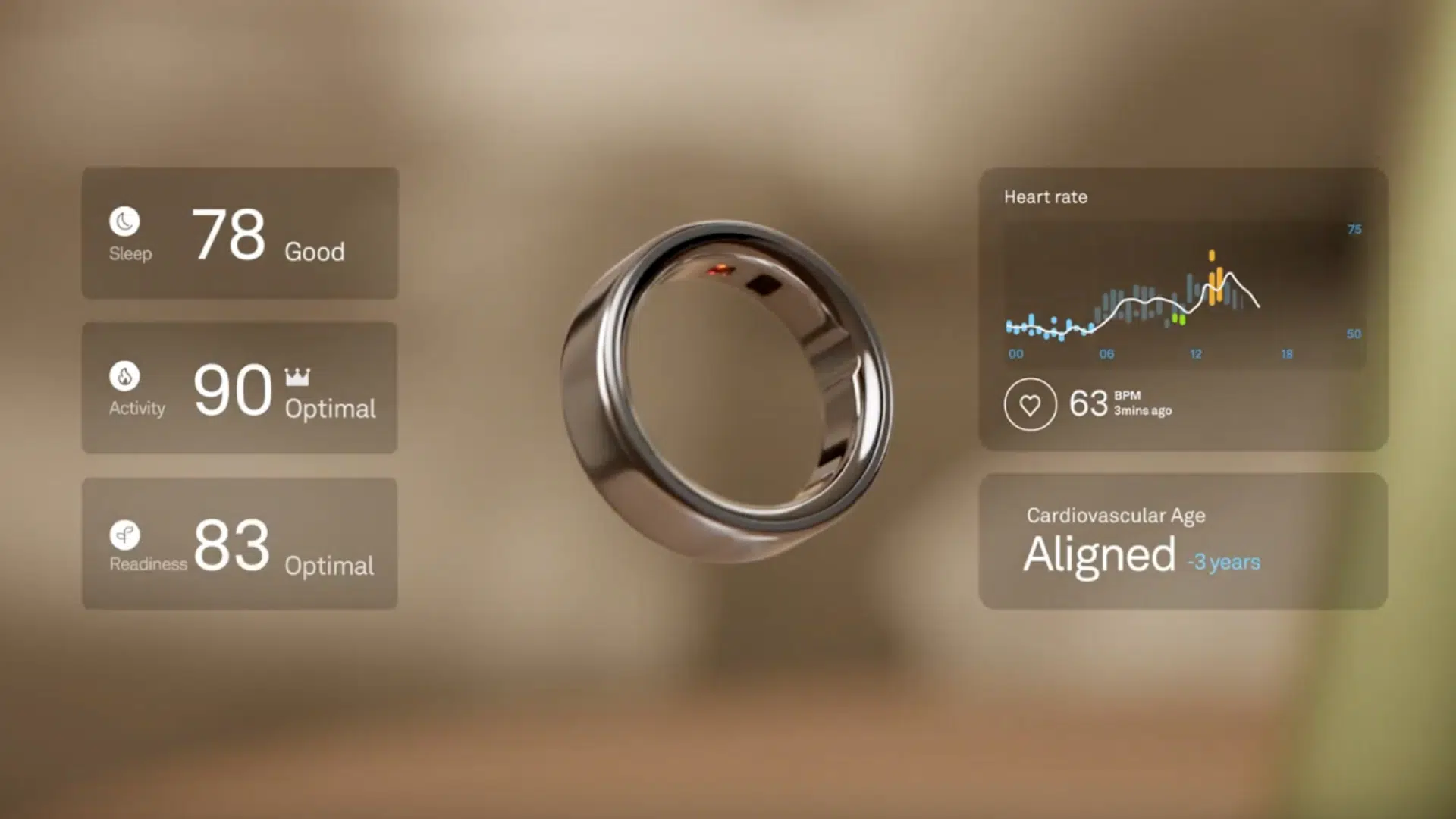

The Oura Ring combines advanced health tracking with elegant simplicity, helping users understand their body’s rhythms without bulky wearables. Here are its standout features:
1. Sleep and Readiness Tracking
- Metrics accuracy: Tracks heart rate, heart rate variability, temperature, and movement for precise data.
- Sleep stages: Measures light, deep, and REM cycles with detailed breakdowns.
- Readiness score: Combines sleep quality, recovery rate, and activity trends to show daily energy levels.
- Recovery insights: Identifies rest quality and recommends when to be active or rest more.
2. Stress and Temperature Monitoring
- Real-time stress tracking: Detects changes in heart rate and body signals during the day.
- Temperature sensing: Monitors skin temperature to spot early signs of illness or hormonal changes.
- Wellness alerts: Helps users recognize stress triggers and recovery patterns.
- Daily trends: Displays fluctuations that indicate strain, fatigue, or improved balance.
3. Battery Life and Charging
- Battery duration: Lasts 5–6 days on a full charge, depending on usage.
- Quick charging: Reaches about 80% in under 30 minutes.
- Charging dock: Compact magnetic base that’s easy to use anywhere.
- Power management: Efficient tracking ensures minimal battery drain overnight.
4. Comfort, Design, and Durability
- Material: Crafted from lightweight titanium with multiple finish options.
- Fit: Available in various sizes for a secure, comfortable fit.
- Water resistance: Safe for showers and workouts.
- Durability: Resistant to wear but may show fine scratches with daily use.
Pros and Cons of the Oura Ring
| Pros | Cons |
|---|---|
| Excellent sleep tracking | Monthly subscription required |
| Long battery life | No built-in GPS |
| Lightweight and stylish | Can scratch easily |
| Works on both iPhone and Android | Limited workout tracking |
The Oura Ring stands out for its accurate sleep data, sleek design, and strong app integration. However, users should consider the ongoing subscription and limited fitness tracking before purchasing.
Experts and Real User Reviews
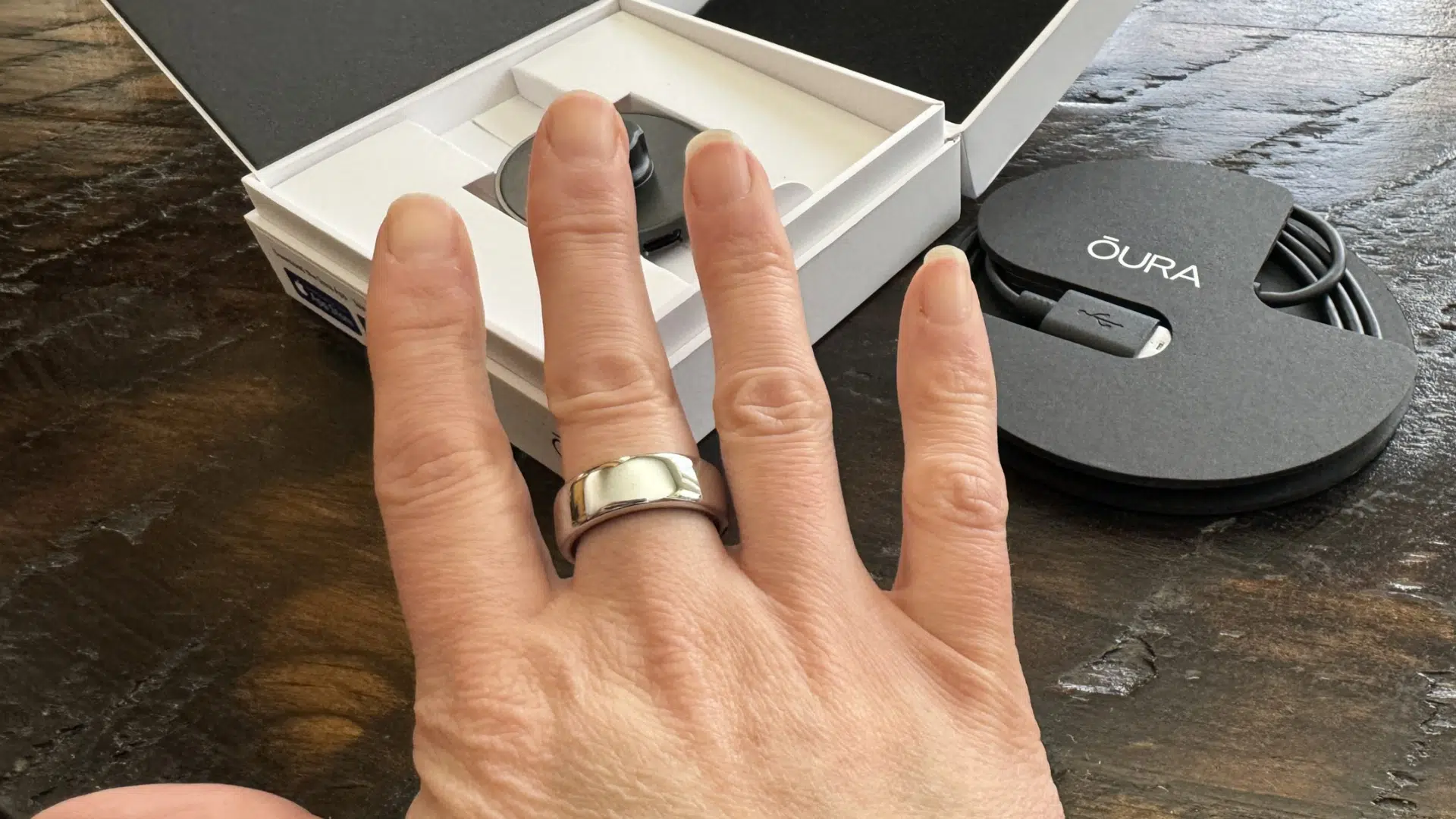

The Oura Ring continues to impress users with its sleek design, accurate sleep tracking, and long-term reliability. Most reviewers highlight its comfort and data accuracy, though a few note minor wear over time and limited workout tracking.
“The Oura Ring offers the most detailed sleep insights I’ve ever used it’s shockingly accurate even after months of testing.” – Kate Kozuch, Tom’s Guide
“I’ve worn the Oura Ring every day for 6 months, and it’s still my favorite for recovery tracking, though the subscription adds up.” – Dajana, YouTube Review
“Sleep staging is far more reliable than my Apple Watch, even after years of use but activity tracking could be better.” – Slash & Scroll Review Team
“Extremely comfortable to wear all day and night, though it does pick up small scratches with regular use.” – u/OskarTech, Reddit
The overall verdict from both experts and users is consistent: the Oura Ring excels in sleep and recovery tracking, offering unmatched comfort and accuracy in a minimalist form.
However, its limited workout tracking and subscription cost may not appeal to everyone.
Oura Ring vs. Competitors
Before choosing a smart ring, it helps to know how the Oura Ring stacks up against similar options. The comparison below highlights battery life, tracking accuracy, and overall value among leading wellness wearables.
| Feature | Oura Ring | Samsung Galaxy Ring | Ultrahuman Ring Air |
|---|---|---|---|
| Subscription | Yes, about $5.99/month | No | No |
| Sleep Accuracy | Excellent | Good | Good |
| Battery Life | 5–6 days | 7 days | 6 days |
| Workout Tracking | Limited, focuses on recovery | Basic | Basic |
| Price (around) | ~$349 + subscription | ~$399 | ~$330 |
Each device has its strengths: the Oura Ring excels in sleep accuracy and recovery insights, while Samsung’s and Ultrahuman’s rings offer no subscription costs and slightly longer battery life.
Both competitors are strong choices for users who prefer simple tracking without ongoing fees.
Who the Oura Ring is Best For
- For casual users and seniors: Best for those who want to track sleep, heart rate, and recovery rather than intense workout stats.
- For minimalists: Great choice for people who prefer a sleek, discreet wearable instead of a bulky smartwatch.
- For women’s health tracking: Useful for cycle tracking and detecting subtle temperature or hormonal changes.
- Not for athletes: Lacks real-time performance data like pace or GPS, focusing instead on rest and recovery insights.
Price Details
The Oura Ring 4 starts at $349 USD for standard finishes like silver or black. It offers advanced health tracking features in a sleek, lightweight design.
Premium finishes such as gold or rose gold are priced between $399 and $499 USD. These versions appeal to users who prefer a more stylish look without compromising functionality.
The Oura Membership costs $5.99 per month or $69.99 per year after a one-month free trial. It unlocks detailed insights into sleep, readiness, and recovery metrics.
Occasional sales and bundle offers can bring the price down to around $296 USD. Discounts usually appear during major shopping events or limited promotions.
Is the Oura Ring Worth It?
The Oura Ring is worth it if you’re focused on improving your sleep, recovery, and overall wellness. Its detailed insights, accuracy, and comfort make it stand out from most wearables.
It’s ideal for users who prefer minimal, screen-free tracking that still delivers meaningful health data. The ring’s app gives personalized guidance without overwhelming charts or notifications.
However, it’s less suitable for athletes or users who want real-time workout metrics, GPS tracking, or fitness coaching. Its strength lies in rest and recovery, not intense activity tracking.
The subscription fee adds an extra cost, but for those committed to long-term health monitoring, the Oura Ring delivers reliable insights that justify the investment.
Conclusion
The Oura Ring stands out for its sleep accuracy, sleek design, and effortless daily tracking. It’s not meant for hardcore athletes, but it shines when it comes to improving recovery, balance, and overall wellness.
Throughout this Oura Ring review, you’ve seen how it delivers meaningful insights into sleep, stress, and readiness while staying comfortable enough to wear 24/7.
I believe it’s a great fit for anyone who values subtle design and data-driven health awareness more than constant screen checks.
If this guide helped you decide, share it or check out my other reviews to find more smart, wearable tech designed to fit real life.


